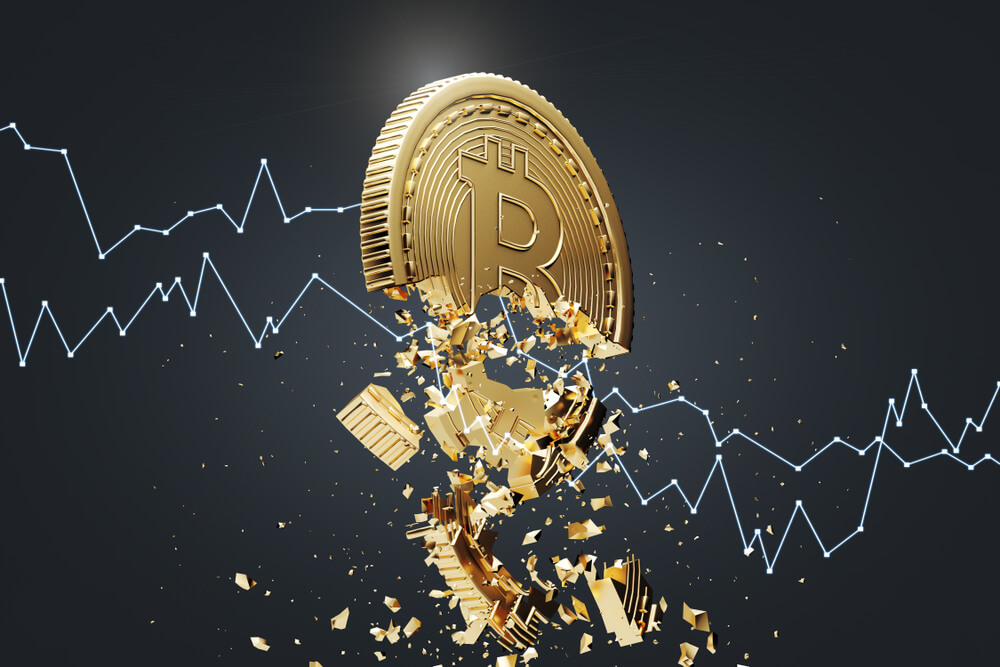The so-called Kimchi premium, which measures the price premium of Bitcoin on the South Korean cryptocurrency exchange market, plummeted overnight. The BTC lost ground against the Korean won.
The premium declined from 22% to 15% within hours on April 7 and continues to fall on major South Korean exchanges.
CryptoQuant CEO Ki-Young Ju pointed out that the BTC price fell particularly hard on South Korean exchanges.
As the price of Bitcoin decreased, the Kimchi premium fell along with it. However, since the price of BTC fell significantly stronger on South Korean exchanges, the premium quickly plummeted within hours.
There are two possible reasons why the premium was dropped this way.
First, merchants outside of South Korea may have found a way to arbitrage the premium successfully. This could happen if traders in other Asian markets coordinate with whales in South Korea to sell BTC and withdraw on the same day.
Second, the altcoins that were gaining more and more momentum throughout the week saw severe correction. As capital came out of the altcoin market, traders could have also sold BTC and ETH, reducing large-cap cryptocurrencies.
What Is “Kimchi Premium,” and How Are the Capital Controls in South Korea
Earlier this week, Bitcoin hit a surprising $66,000 in South Korea. The leading cryptocurrency price on the Korean peninsula was due to the “Kimchi Premium” return. Kimchi Premium is a differential index between bitcoin prices on Korean and “Western” exchanges.
South Korea’s capital controls, financial regulations, and anti-money laundering laws make the process difficult.
Capital controls are measures that central banks and government regulatory agencies take to restrict capital flow into and out of a country. These regulations should maintain a balance in the country’s accounts. Suppose a significant amount of capital leaves a country due to a geopolitical event or economic upheaval. In that case, the result can be devastating for the local economy.
The South Korean government implemented capital controls in 2010 in the wake of the global financial crisis and the European debt crisis. The measures were to reduce wild fluctuations or volatility in capital flows that can hurt the economy. The result is a delay in sending money abroad due to administrative burdens. The amount of money that can leave the country each year has a limit, and regulators must approve transfers.
Even if regulators approve those transfers, the process can take so long that arbitrage opportunities decrease to become almost nonexistent. These capital controls also limit the inflow of cryptocurrencies, which has created a scenario where South Koreans can only use digital currencies in their country.
This way, South Korean and South Korean companies are limited in their international purchases of BTC. If a South Korean merchant decided to exchange their currency for a foreign currency to buy a bitcoin in a foreign currency, the transaction amount would likely be limited or completely blocked by regulators if there is a suspicion of money laundering.











